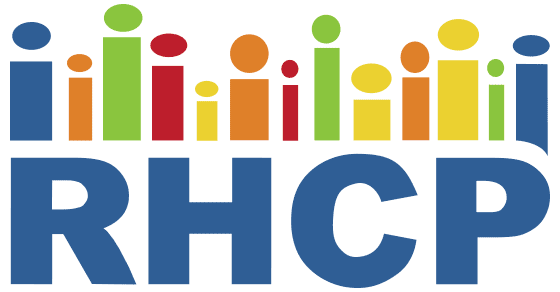Leveraging Community Engaged Research Partnerships for Crisis and Emergency Risk Communication to Vulnerable Populations in the COVID-19 Pandemic
Journal of Clinical and Translational Science May 2020
During the early stages of the COVID-19 pandemic, RHCP launched a community-led communication effort to reach immigrant and refugee communities in Rochester, Minnesota. Recognizing that official health messages weren’t reaching people with limited English proficiency, RHCP worked with trusted community members—called Communication Leaders—to share accurate information in six languages. These leaders used platforms like Facebook, phone calls, and messaging apps to deliver updates about COVID-19 prevention, testing, and social and economic impacts. In just 14 days, 24 Communication Leaders reached nearly 10,000 people, tailoring messages to their communities and gathering feedback to improve future communication.
The project’s success came from strong relationships, cultural understanding, and daily collaboration between community and academic partners. Communication Leaders felt empowered and found the messages relevant and helpful. Their feedback helped RHCP adjust messages in real time and connect people to resources like food and masks. The effort also influenced local health policies, such as testing procedures. This approach showed that when trusted community members lead the way, health messages can be more effective, especially in reaching vulnerable populations during a crisis.
